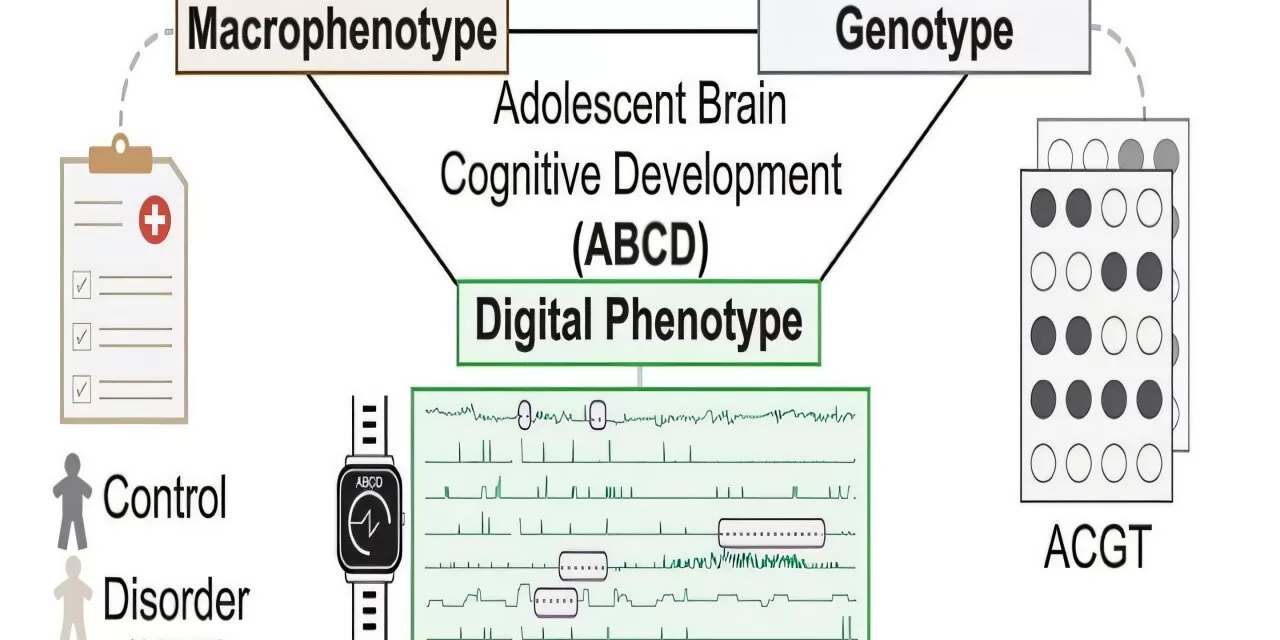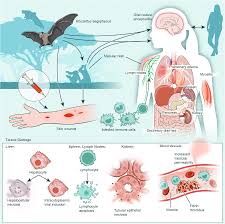New research published in the journal Cell demonstrates the potential of smartwatches in advancing our understanding of psychiatric disorders. By analyzing data collected from wearable devices worn by over 5,000 adolescents, researchers at Yale University and the University of Barcelona were able to train AI models to predict the presence of various psychiatric illnesses, such as ADHD and anxiety.
The study utilized data on heart rate, activity levels, sleep patterns, and other physiological parameters collected from the smartwatches. This continuous stream of data, referred to as a “digital phenotype,” allowed researchers to identify unique patterns associated with different disorders.
Key Findings:
- Predictive Power: The study found that heart rate was a strong predictor for ADHD, while sleep quality and patterns were more closely linked to anxiety.
- Disease Subtyping: The researchers believe this approach could help differentiate between subtypes of disorders, such as inattention and hyperactivity within ADHD, which may require different treatment approaches.
- Genetic Links: By analyzing how genetic variations impacted the digital phenotype, the study identified 37 genes associated with ADHD, a finding that was not possible using traditional diagnostic methods.
Implications:
- Improved Diagnosis and Treatment: The findings suggest that wearable technology could revolutionize psychiatric diagnosis and treatment by providing more objective and comprehensive assessments.
- Enhanced Understanding of Disease Mechanisms: This approach offers valuable insights into the underlying biological and genetic factors contributing to psychiatric disorders.
- Broader Applications: The researchers believe this methodology has the potential to be applied to other neurological conditions, including neurodegenerative diseases.
“This method holds great promise for addressing long-standing challenges in psychiatry and may ultimately reshape the way we understand the genetics and symptom structure of psychiatric disorders,” said Walter Roberts, assistant professor of psychiatry at Yale School of Medicine.
This research underscores the growing importance of wearable technology in healthcare and highlights its potential to transform our understanding and management of complex health conditions.
Disclaimer: This is a news article summarizing the key findings of the research. For detailed information and scientific discussion, please refer to the original research article published in the journal Cell.












